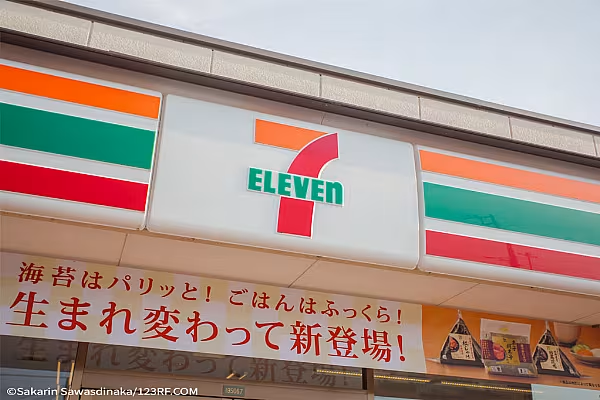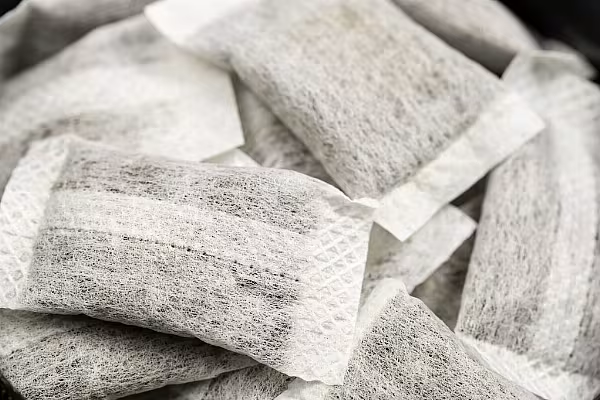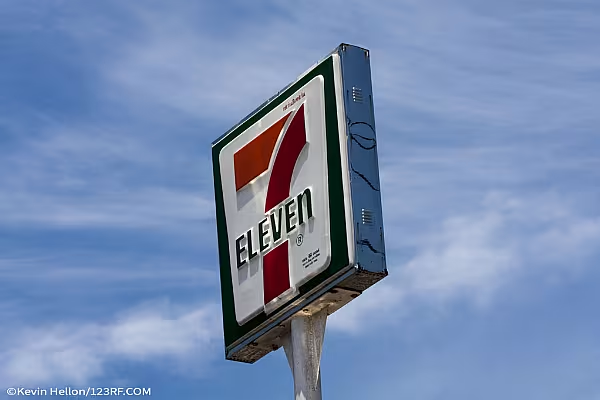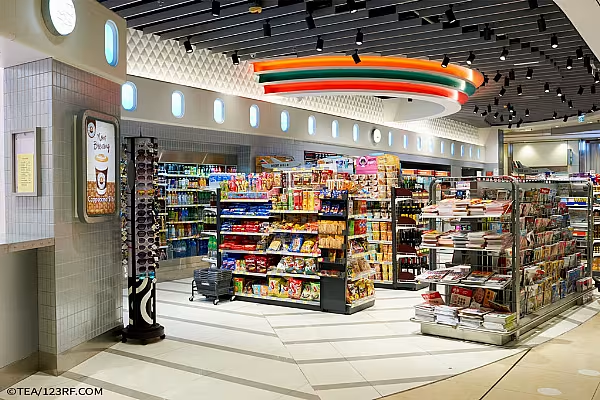Food costs for Japanese consumers, who depend on imports for about 60 per cent of what they eat, will decline after the government agreed to lower tariffs on meat and relax some import restrictions on rice and dairy to conclude Pacific trade talks.
Tariffs on beef bought from the US and other Trans-Pacific Partnership members will be cut to nine per cent in the deal’s 16th year from 38.5 per cent, according to Japan’s economy minister Akira Amari. Duties on pork will be reduced to 50 yen (42 cents) a kilogram over a decade from a maximum of 482 yen.
Japan will also create a non-tariff import quota for 78,400 metric tonnes of rice, and a low-tariff quota for milk powder and butter equivalent to 70,000 tonnes of raw milk, the Agriculture Ministry said in a statement.
The measures may help boost sales for meat exporters including Tyson Foods, while aiming to protect Japanese farmers from a surge in shipments from abroad. Japan is allowed to return beef and pork tariffs to previous levels if imports jump, Agriculture Minister Yoshimasa Hayashi said Tuesday. The compromise will pave the way for Japanese lawmakers to approve the deal for ratification by the government, according to Marubeni Corp.’s research institute.
"The agreement will help reduce costs for Japanese food makers, retailers and restaurants, and will also deepen Japan’s reliance on food imports,” said Tetsuhide Mikamo, director at Marubeni Research Institute. “For Japanese farmers, the deal means they should rationalise operations for cost-cutting, otherwise, they will end up with exit from the market."
News by Bloomberg, edited by ESM. To subscribe to ESM: The European Supermarket Magazine, click here.











